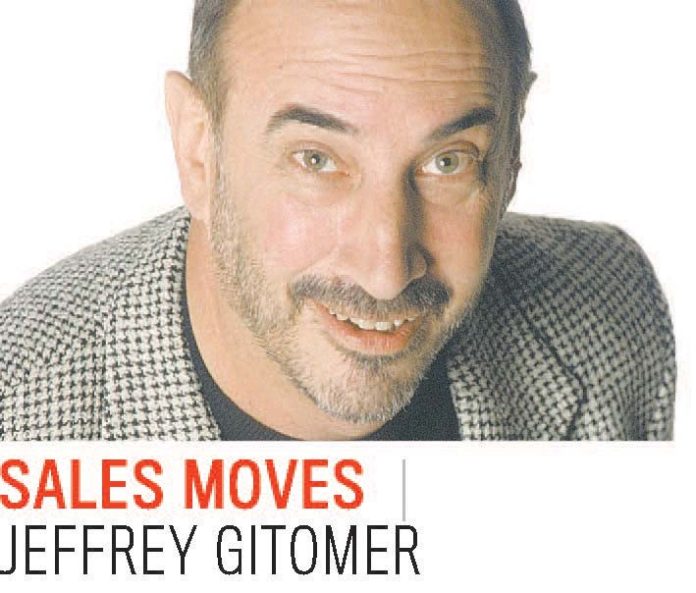I can’t help it. I read some bad sales advice today and I gotta say something. I’ll try to keep it positive, but my tongue is already bleeding from biting it.
The title read: When sales calls stall.
Every salesperson has experienced that barrier in one form or another, so I wondered what this “expert” had to say.
I try not to read current sales material because I don’t want to copy, or be accused of copying someone else’s work or ideas.
It started with the usual sales dialog: You have a meeting with a prospective customer, they’re hot, hot, hot for your product or service, they ask for a proposal, you quickly oblige, and a week later you call the hot customer, and they have evaporated. Won’t return your calls or emails.
What to do?
Get ready – here comes this guy’s expert advice:
He recommends every manipulative “sales technique” from implying urgency, (buy today or the deal goes away), to getting creative (whatever that means – no explanation or examples given), using intrigue, to connect (no explanation or examples given). He advises: Be prepared like a Boy Scout, appeal to a higher authority, assume all is well and they are just busy, use the admin as an ally and a bunch of sales talk mumbo jumbo that any seasoned executive or their assistant would smell like a skunk and laugh at you. And oh by the way, never take your call again, let alone buy from you.
This is why this type of approach to a reluctant or otherwise busy buyer will never work:
n The prospect is not returning your calls for a reason. Wouldn’t it be important to find out why? If you could discover that, it would help your next 1,000 sales calls.
n Why did you ever offer a proposal without making a firm face-to-face follow-up sales appointment in the first place? This is one of the most powerful – yet mostly overlooked – elements of the sales cycle.
n Stop trying to sell. Stop trying to be cute. Stop trying to be manipulative.
n For goodness sake, stop trying to butter up the admin or executive assistant. These people are smarter than your lingo and loyal to their employers, not you.
n You did a lousy job in the presentation. You left some holes, never discovered the prospect’s real motive to purchase, was subject (relegated) to a proposal/bidding process, never followed relationship-based strategies, was more hungry for the sale and the commission than to uncover what would build a relationship. You didn’t connect – you didn’t engage.
In sales you have one chance. One chance to engage, one chance to build rapport, one chance to connect, one chance to be believable, one chance to be trustworthy and one chance to meet with the real decision-maker. One chance to differentiate yourself, one chance to prove your value and one chance to ask for (or better, confirm) the sale.
Lost sales and sales gone wrong are the best places to learn.
If you make a firm commitment to meet face-to-face a few days later, you have a better chance of discovering the truth,
Once you get to truth you will have created the atmosphere where someone wants to buy from you.
If you have lost a connection, or if a hot prospect evaporates, or refuses to call you back or respond to you, the worst thing you can do is try a sales technique. Why don’t you try something new? Try being honest. No, not just with the customer, with yourself.
I promise that a harsh self-discovery lesson may not help you reconnect with who you lost, but it’s connection insurance for the next thousand. Take a chance. It’s the best one you’ve got. •
Jeffrey Gitomer is the author of 12 best-selling books including The Sales Bible, He can be reached at salesman@gitomer.com.











